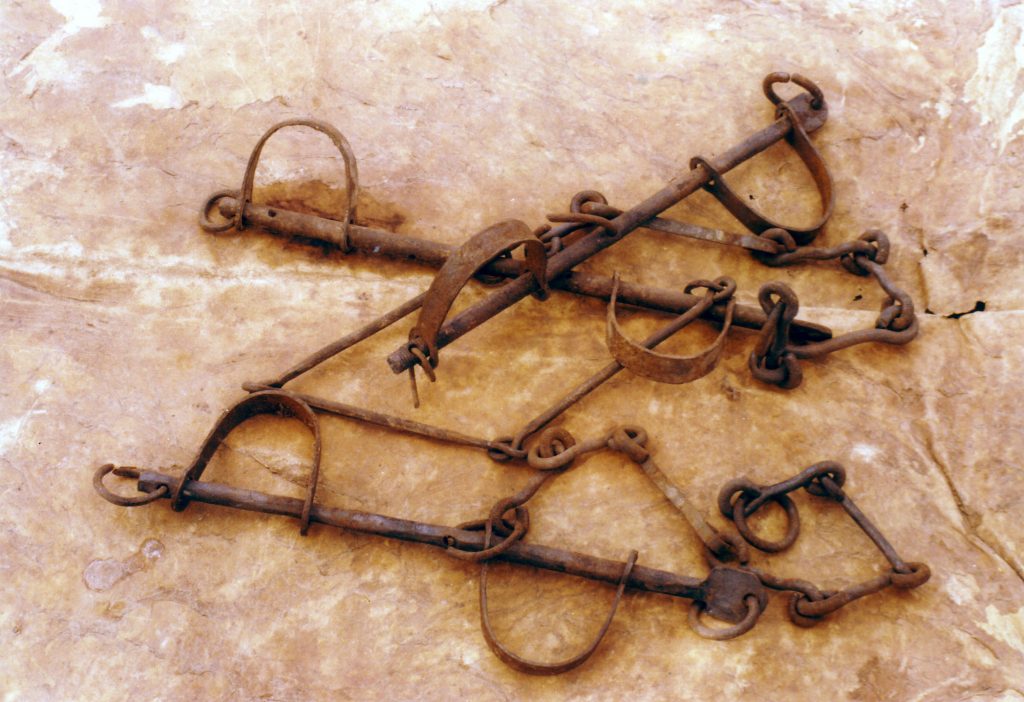
Lecture: Hannah Murphy (KCL), “I had to inspect them all from head to toe”: Medicine and the making of slavery, 1440–1720
This lecture will take place on 10 November, 4pm, at Samuel Alexander Building (room tbc)
Between 1440 and 1720, more than 2 million enslaved people from a range of African kingdoms and territories were forcibly transported to the Americas; tens of thousands more remained in Europe. From the first moments of contact between African and European peoples, medical practitioners played a key role in creating the structures of slavery. In practical terms, they staffed ships and treated passengers, they advised on purchases, and they contributed to systems which then depended on their expertise. But what was the relationship between knowledge and practice in this broader realm? Taking as a case study the process of ‘inspection’, in which enslaved prisoners were examined by medical practitioners (usually surgeons), my paper examines the relationship between a medicalized approach to slavery, and an increasingly racialized approach to medicine.
Dr Hannah Murphy is Lecturer in Early Modern History at King’s College London, and Director of the Centre for Early Modern Studies at KCL. As a UKRI Future Leaders Fellow, Hannah is the PI of the Medicine and the Making of Race project, as well as co-investigator of the Wellcome Trust-funded project Renaissance Skin.
Image credit: Slave shackles. Wikimedia commons, https://en.wikipedia.org/wiki/File:Slave_Shackles.jpg.






0 Comments